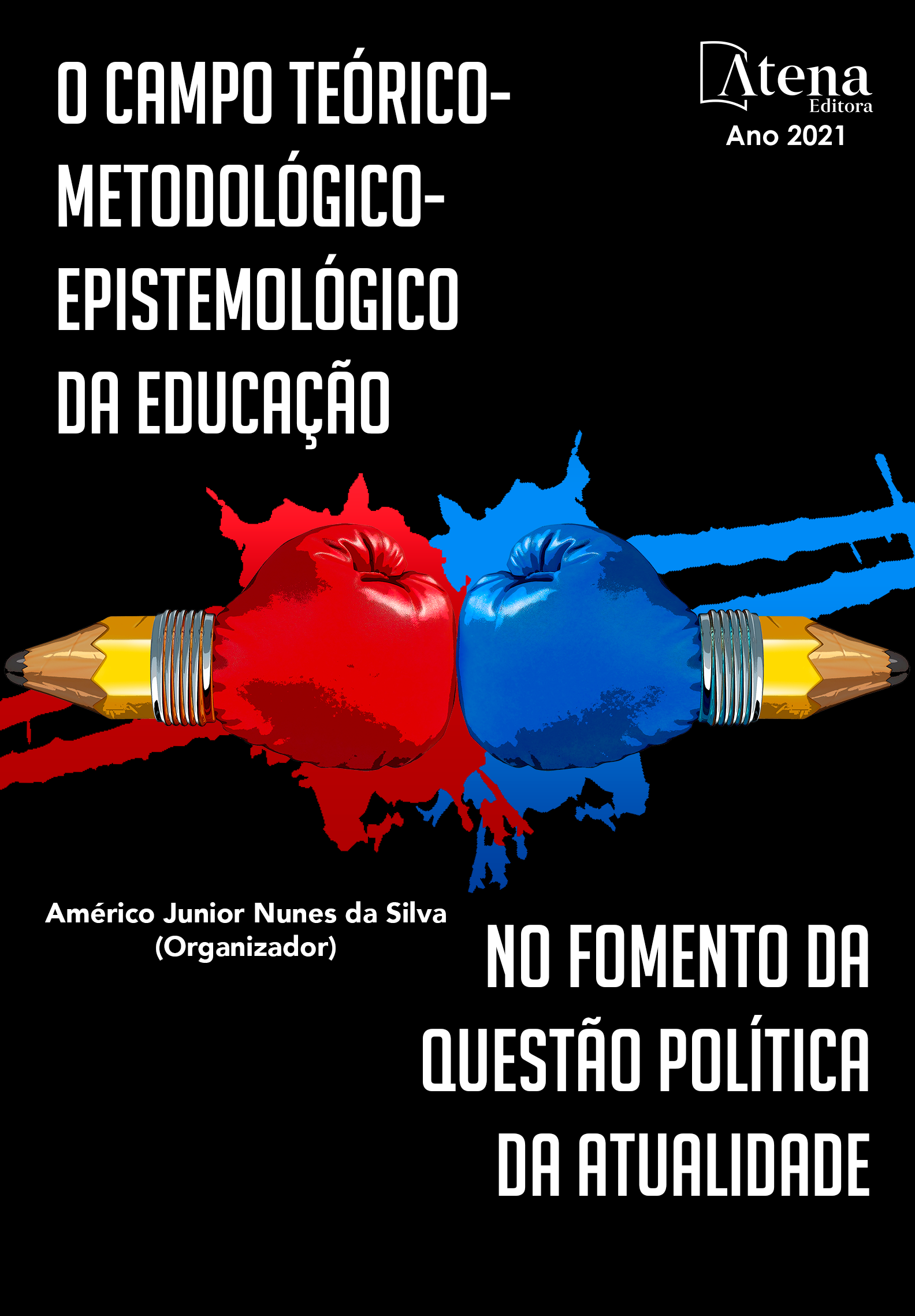
OFICINAS DE BIBLIODRAMA EM FAVOR DA EDUCAÇÃO E FORMAÇÃO INTEGRAL HUMANA
O Bibliodrama, consiste numa leitura vivencial de textos bíblicos que contribui na formação integral de pessoas em todas as idades, especialmente, estudantes nos anos finais do Ensino Fundamental, quando as crises existenciais atrapalham seu desempenho acadêmico e suas outras relações. A metodologia integra elementos de dramatização, educação, antropologia, hermenêutica, espiritualidade na medicina e terapia comunitária integrativa, à luz de Roese, Röhr, Csordas, Ricoeur, Vaillant e Barreto, respectivamente, referenciados em pesquisa bibliográfica. As vivências trabalham a dimensão espiritual, a qual guia e organiza as outras: física, emocional e mental, por meio de ressonâncias, expressão verbal, atividades lúdico-criativas e experiências corpóreas espontâneas particulares, partilhadas coletivamente, num contexto solidário, dialogal, terapêutico e integrativo. Elas ajudam o sujeito a reforçar sua identidade, o senso de pertença e o sentido da vida, tornando-o menos vulnerável a sucumbir frente aos sofrimentos humanos. As adaptações presenciais e virtuais feitas pela autora deste artigo apresentaram resultados exitosos em ressignificar memórias e pensamentos de participantes em prol da saúde integral do indivíduo e da construção de uma realidade mais ética, afetiva, empática, tolerante e democrática em meio à diversidade religiosa e cultural contemporânea, assuntos da Disciplina de Ensino Religioso conforme parâmetros/diretrizes curriculares e a Base Nacional Comum Curricular.
OFICINAS DE BIBLIODRAMA EM FAVOR DA EDUCAÇÃO E FORMAÇÃO INTEGRAL HUMANA
-
DOI: 10.22533/at.ed.32521250322
-
Palavras-chave: Leitura vivencial, Espiritualidade, Ensino religioso, Formação integral.
-
Keywords: Experiential reading, Spirituality, Religious education, Integral formation.
-
Abstract:
Bibliodrama, consists of an experiential reading of biblical texts that contributes to the integral formation of people of all ages, especially students in the final years of elementary school, when existential crises hinder their academic performance and other relationships. The methodology integrates elements of dramatization, education, anthropology, hermeneutics, spirituality in medicine and integrative community therapy, in the light of Roese, Röhr, Csordas, Ricoeur, Vaillant and Barreto, respectively referenced in bibliographic research. The experiences work on the spiritual dimension, which guides and organizes the others: physical, emotional and mental, through resonances, verbal expression, playful-creative activities and private spontaneous bodily experiences, shared collectively, in a solidary, dialogical, therapeutic and integrative context. They help the subject to reinforce his identity, the sense of belonging and the meaning of life, making him less vulnerable to succumb to human suffering. The face-to-face and virtual adaptations made by the author of this article showed successful results in reframing participants' memories and thoughts in favor of the individual's integral health and the construction of a more ethical, affective, empathic, tolerant and democratic reality amid religious and cultural diversity contemporary, subjects of the Religious Teaching Discipline according to curriculum parameters/guidelines and the Common National Curricular Base.
-
Número de páginas: 11
- LINDA SIOKMEY TJHIO CESAR PESTANA


